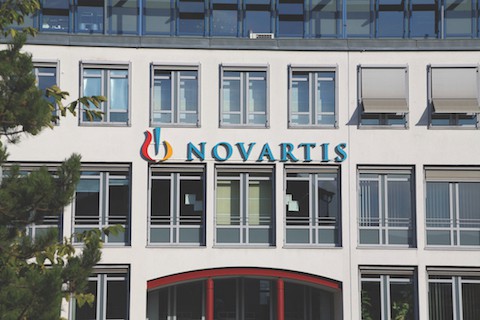
Novartis’ radioligand therapy Lutathera (lutetium Lu 177 dotatate) has been approved by the US Food and Drug Administration (FDA) to treat certain paediatric patients with neuroendocrine tumours (NETs).
Patients eligible for the therapy will be aged 12 years and older and have somatostatin receptor (SSTR)-positive gastroenteropancreatic NETs, including foregut, midgut and hindgut NETs.
The FDA’s decision was supported by positive results from the NETTER-P trial, which evaluated Lutathera in patients aged 12 to less than 18 years with SSTR-positive GEP-NETs.
The study demonstrated a safety profile consistent with the adult population studied in NETTER-1, the pivotal trial for approval of Lutathera in adults, and showed that the estimated radiation-absorbed dose in paediatric patients was within established organ thresholds for external beam radiation and comparable to that in adults for the approved dose.
The incidence of NETs, a type of cancer that originates in neuroendocrine cells throughout the body, has increased over the past several decades.
NETs are commonly considered slow-growing malignancies and their diagnosis is often delayed due to the inactive nature of the disease, with up to 20% of paediatric patients being diagnosed with metastatic disease.
Tina Deignan, therapeutic area head, oncology US, said: “Lutathera is now the very first therapy approved specifically for children with GEP-NETs, offering new hope to young patients living with this rare cancer.”
Lutathera is already approved in the US to treat adults with SSTR-positive GEP-NETs, in Europe for adults with unresectable or metastatic, progressive, well-differentiated grade 1/2 SSTR-positive GEP-NETs, and in Japan for SSTR-positive NETs.
Commenting on the latest approval, Dr Theodore Laetsch, trial investigator and director, developmental therapeutics programme at Children’s Hospital of Philadelphia, said: “While GEP-NETs in children and adolescents are rare, the impact can be devastating. [This] approval addresses a critical need for new treatment options for these vulnerable patients.”
The paediatric indication comes just over three months after Novartis shared positive results from the late-stage trial evaluating Lutathera plus long-acting release (LAR) octreotide in patients with SSTR-positive, well-differentiated grade 2/3 advanced GEP-NETs against high-dose octreotide LAR alone.
According to the results presented at this year’s American Society of Clinical Oncology Gastrointestinal Cancers Symposium, the Lutathera combination significantly extended progression-free survival to 22.8 months versus 8.5 months in the high-dose octreotide LAR cohort.




